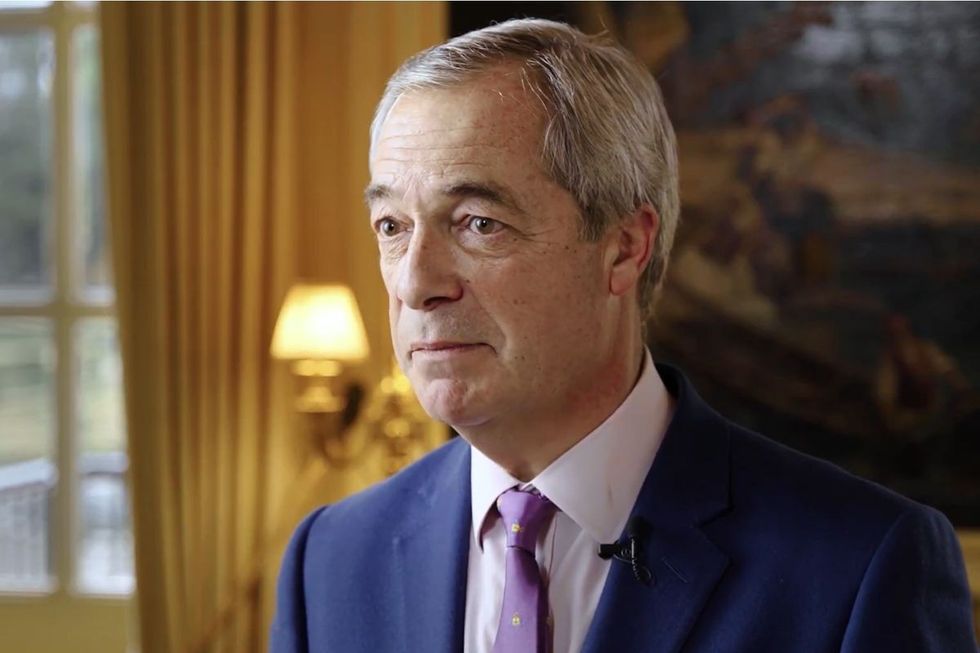Reform UK’s deputy leader Richard Tice has set out sweeping proposals for public sector pension reform and financial regulation, calling for a new era of “big reform” in the UK economy.
The comments came during a speech to business leaders at Bloomberg’s London headquarters.
The senior party figure warned that the growing cost of defined benefit pensions in the public sector, rising by between £30billion and £50billion a year, had become unsustainable.
He argued future public sector employees should move to defined contribution schemes, mirroring changes made in the private sector decades ago.
Trade unions have already voiced concerns about the proposal.
They argue that shifting new workers to defined contribution pensions would cost billions and leave staff worse off compared with existing retirement benefits.
However, Mr Tice emphasised that the change would not apply to current employees.
The Boston & Skegness MP instead called for talks with unions to agree on new long-term arrangements for future hires.

“The private sector did this 25 years ago,” he told attendees.
“If we are not even prepared to have that discussion, then we are just not going to make the progress that we need because that increasing liability is completely unsustainable.”
Positioning Reform UK as a party ready to refresh Britain’s economic governance, Mr Tice drew comparisons with the “Big Bang” deregulation of the 1980s.
He told business leaders that now was the moment for a similarly transformative policy shift.
LATEST DEVELOPMENTS
- Pension warning: Savers risk losing up to £63,000 after panic withdrawals ahead of Budget
- HMRC repays £48.5m in overpaid tax as ‘outdated’ system stings pensioners – Have you been impacted?
- Pension warning as 700,000 retirees face payment delays amid £239million contract chaos

“We’re in early stages of an electoral cycle, so we can actually ask some really big picture questions with a clean sheet of paper,” he said, describing the current period as ideal for structural reform.
Mr Tice also suggested changes to the Bank of England’s remit.
He said policymakers should review the composition of the Monetary Policy Committee (MPC) and consider giving the Bank an explicit growth mandate alongside its existing inflation target.
Such changes would represent a significant shift in the Bank’s role, strengthening political oversight of monetary policy.
Reform UK argues this would help prioritise long-term economic expansion.
The party has previously rejected the Bank of England’s plans for a central bank digital currency, with Nigel Farage calling it “over my dead body”.
He warned that digital money could erode personal freedoms and give the state too much control.
Both Mr Farage and Mr Tice urged the Bank to take a more open stance on cryptocurrency regulation.

Reform wants the UK to become a global crypto hub and already accepts Bitcoin donations.
The party also attacked the Bank’s bond-selling programme, calling it a misuse of taxpayers’ money.
Mr Tice argued that halting sales could help Chancellor Rachel Reeves ahead of the Budget.
Mr Farage said the Bank was too slow on digital assets but welcomed signs that officials were open to discussion.
Our Standards:
The GB News Editorial Charter







Follow